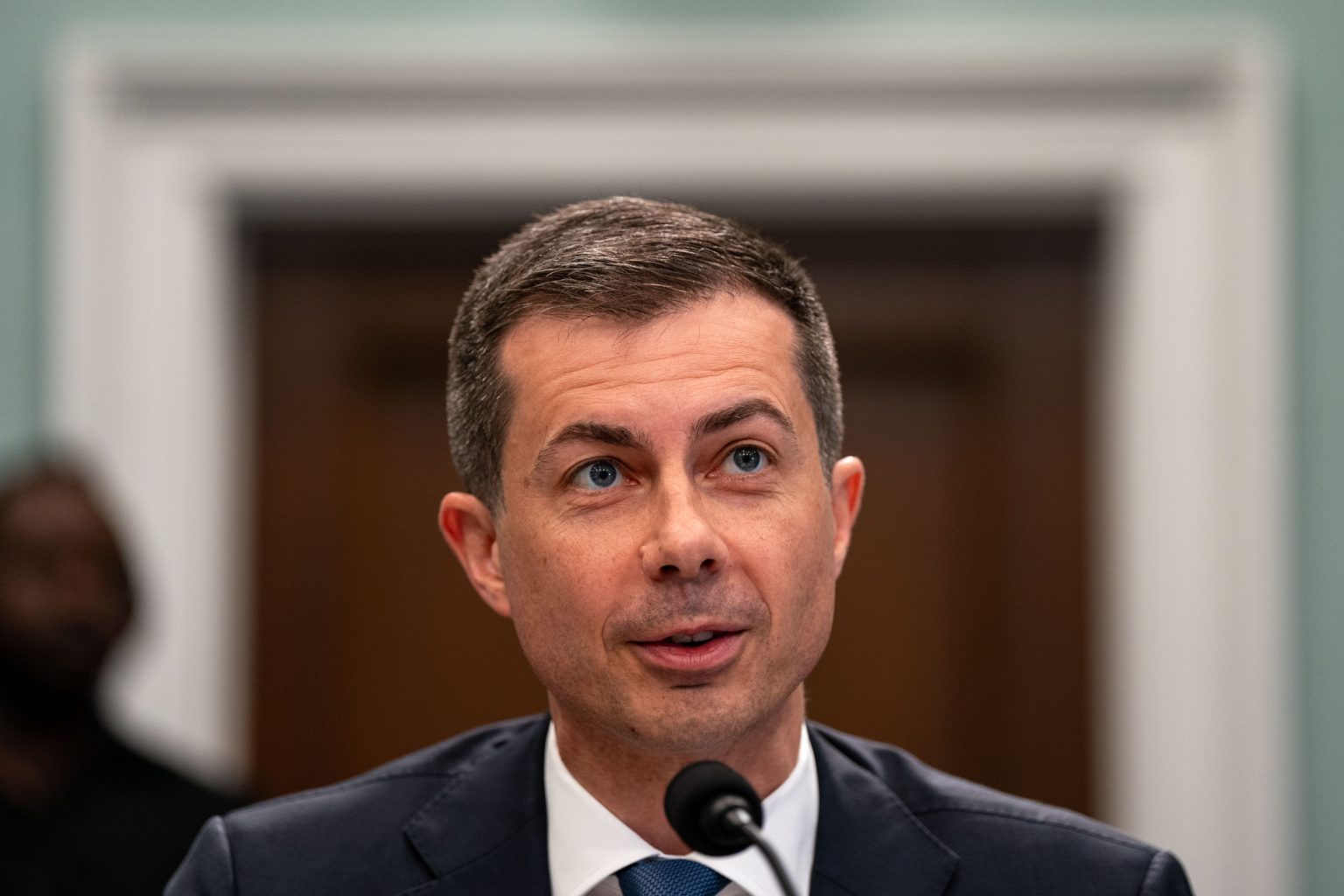U.S. Transportation Secretary Pete Buttigieg faced criticism and ridicule on social media for the low number of electric vehicle charging stations the Biden administration has rolled out nationwide over the past three years. President Joe Biden signed the Bipartisan Infrastructure Law in November 2021, allocating $7.5 billion for electric vehicle charging, with $5 billion dedicated to building a network of chargers along major highways called the National Electric Vehicle Infrastructure program. Buttigieg defended the slow progress, stating that utility work is required and it is a new category of federal investment. The goal is to have half a million chargers by the end of the decade, with the first chargers already being built as the construction progresses.
Following Buttigieg’s comments, he was mocked on social media platforms such as Twitter for the slow progress in building electric vehicle charging stations. Criticism came from various users, including Chief White House correspondent at Today News Africa, Simon Ateba, who called it a “massive failure” by the Biden administration. The Republican National Committee’s account, RNC Research, also posted the video segment of Buttigieg’s response and pointed out the discrepancy between the investment and the number of charging stations built. Various users on social media expressed frustration and disbelief at the lack of progress in meeting the goal of 500,000 chargers by 2030.
The slow rollout of electric vehicle charging stations has raised questions and concerns about the effectiveness of the Biden administration’s plan to transition to electric vehicles. Critics argue that the lack of charging infrastructure hinders the widespread adoption of electric vehicles and undermines efforts to reduce carbon emissions. The response from Buttigieg, highlighting the challenges and complexities involved in building charging stations, has been met with skepticism and calls for more accountability in utilizing the allocated funds to meet the stated goals.
Despite the criticisms and ridicule on social media, Buttigieg’s explanation for the slow progress in building electric vehicle charging stations underscores the intricacies involved in infrastructure development. Establishing a network of chargers requires coordination with states, utility work, and federal investments, which can contribute to delays in implementation. The Biden administration’s commitment to increasing the number of chargers to half a million by 2030 reflects a broader strategy to promote electric vehicles and reduce reliance on fossil fuels, but the pace of progress will continue to be scrutinized and debated among stakeholders and the public.
The conversation surrounding the low number of electric vehicle charging stations and the Biden administration’s efforts to promote electric vehicles underscores the challenges and complexities of transitioning to a more sustainable transportation system. While there is a growing consensus on the importance of reducing carbon emissions and investing in clean energy technology, the implementation of infrastructure projects such as charging stations requires careful planning, coordination, and allocation of resources. Moving forward, it will be essential for the government and stakeholders to address the criticisms and concerns raised, and work towards accelerating the deployment of electric vehicle charging infrastructure to meet the goals set for the coming decade.


